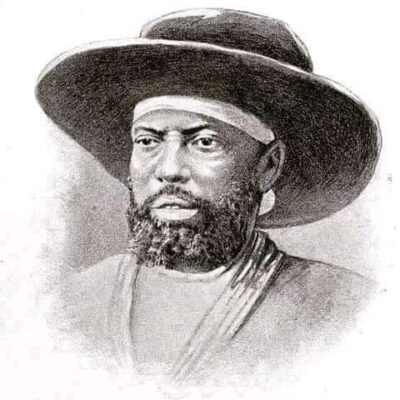In the annals of African history, Ethiopia stands as a beacon of resistance against colonial oppression. Unlike many other African nations, Ethiopia p
In the annals of African history, Ethiopia stands as a beacon of resistance against colonial oppression. Unlike many other African nations, Ethiopia proudly celebrates Victory Day rather than Independence Day, commemorating its triumph over European colonial powers. This victory is not just a testament to Ethiopia’s resilience and determination but also a reminder of the continent’s collective struggle for freedom and sovereignty.
The Legacy of Victory:
Ethiopia’s Victory Day, celebrated annually on May 5th, marks the decisive Battle of Adwa in 1896, where Ethiopian forces under Emperor Menelik II vanquished the Italian army led by General Oreste Baratieri.  This victory shattered the myth of European invincibility in Africa and established Ethiopia as the only African nation to successfully resist colonization during the Scramble for Africa.
This victory shattered the myth of European invincibility in Africa and established Ethiopia as the only African nation to successfully resist colonization during the Scramble for Africa.
The Context of Colonialism:
In the late 19th century, European powers, driven by imperial ambitions and economic interests, embarked on a ruthless quest to carve up Africa for their own gain. The Berlin Conference of 1884-1885, also known as the Bismarckian Meeting, epitomized this colonial scramble, where European nations gathered to partition Africa among themselves, with little regard for the wishes or sovereignty of indigenous peoples.
as bad as you think. The 16 best analysis essay youtube videos. How hollywood got military records all wrong. The 8 biggest analysis essay blunders. 18 things about new technologies your kids don’t want you to know.

Ethiopia’s Defiance:
Amidst this colonial onslaught, Ethiopia stood as a beacon of resistance. Emperor Menelik II, recognizing the imminent threat posed by Italian encroachment, took decisive action to defend his nation’s sovereignty. Despite facing overwhelming odds, Ethiopian forces, bolstered by a spirit of unity and patriotism, repelled the Italian invaders at the Battle of Adwa.
The Significance of Victory Day:
Ethiopia’s victory at Adwa was not just a military triumph; it was a resounding affirmation of African agency and resilience. It sent shockwaves across Europe, challenging the prevailing narrative of African inferiority and European superiority. Ethiopia’s successful defense of its independence served as a source of inspiration for other African nations in their struggle against colonial rule.
Lessons for the Future:
As we reflect on Ethiopia’s Victory Day, it serves as a powerful reminder of the importance of sovereignty, unity, and resistance in the face of oppression. It underscores the need for Africans to remain vigilant against neocolonial forces that seek to exploit our resources and undermine our autonomy.
Looking Ahead:
As Ethiopia continues to commemorate Victory Day, it serves as a beacon of hope and inspiration for all Africans. It reminds us that the struggle for freedom and self-determination is ongoing and that our collective efforts can overcome even the most formidable challenges.
In celebrating Victory Day, Ethiopia reaffirms its commitment to honoring the sacrifices of those who fought and died for freedom. It reminds the world that the spirit of resistance and resilience continues to burn brightly in the hearts of Africans everywhere. Victory Day is not just a celebration of past triumphs but a call to action for a future where all Africans can live in dignity, peace, and prosperity.


COMMENTS